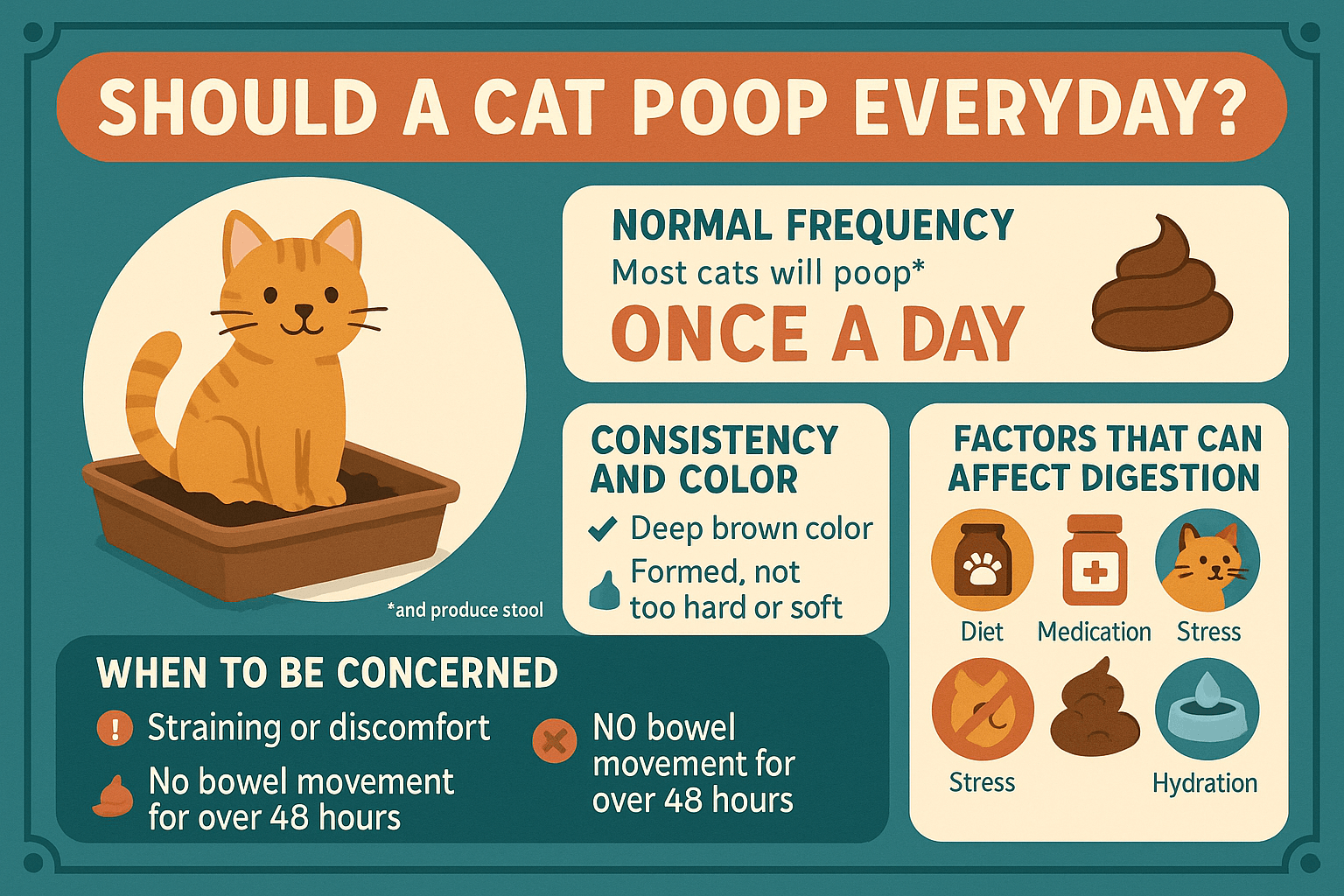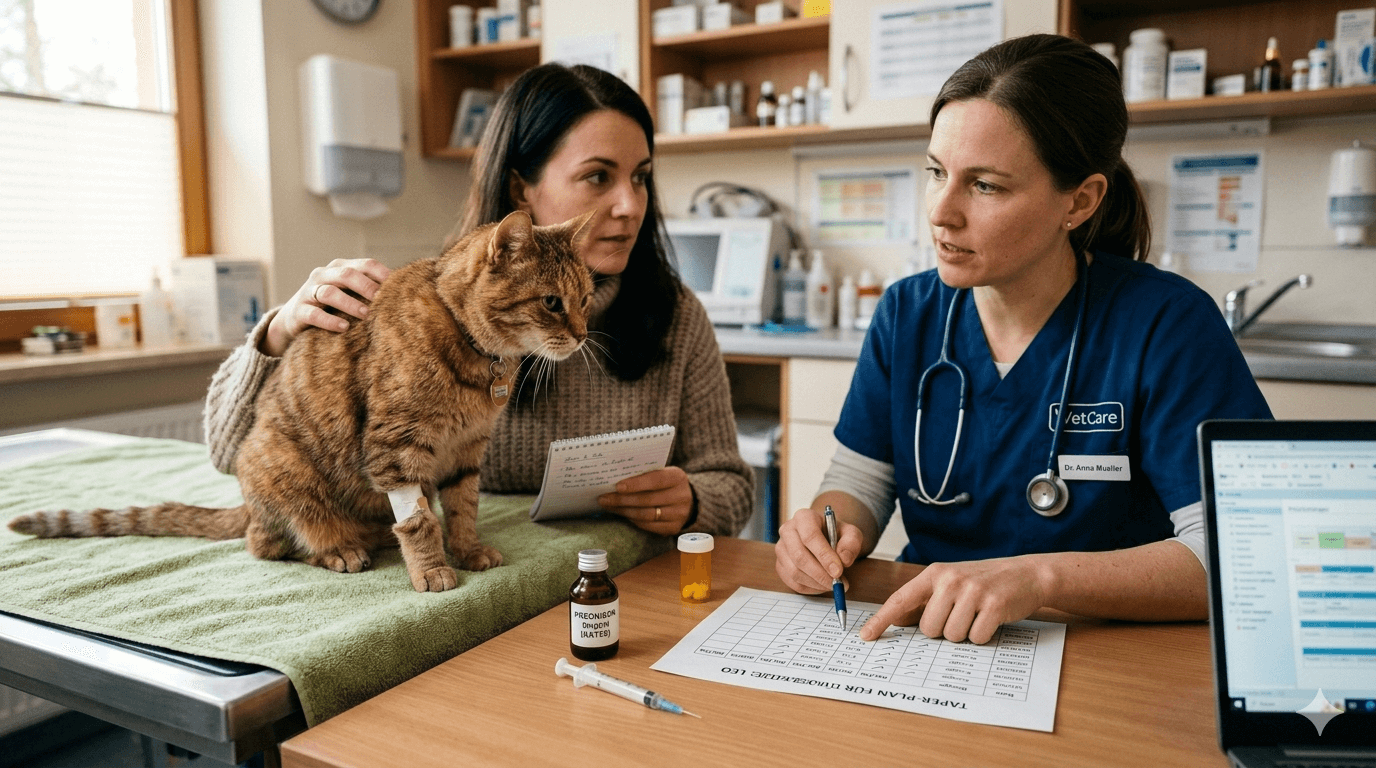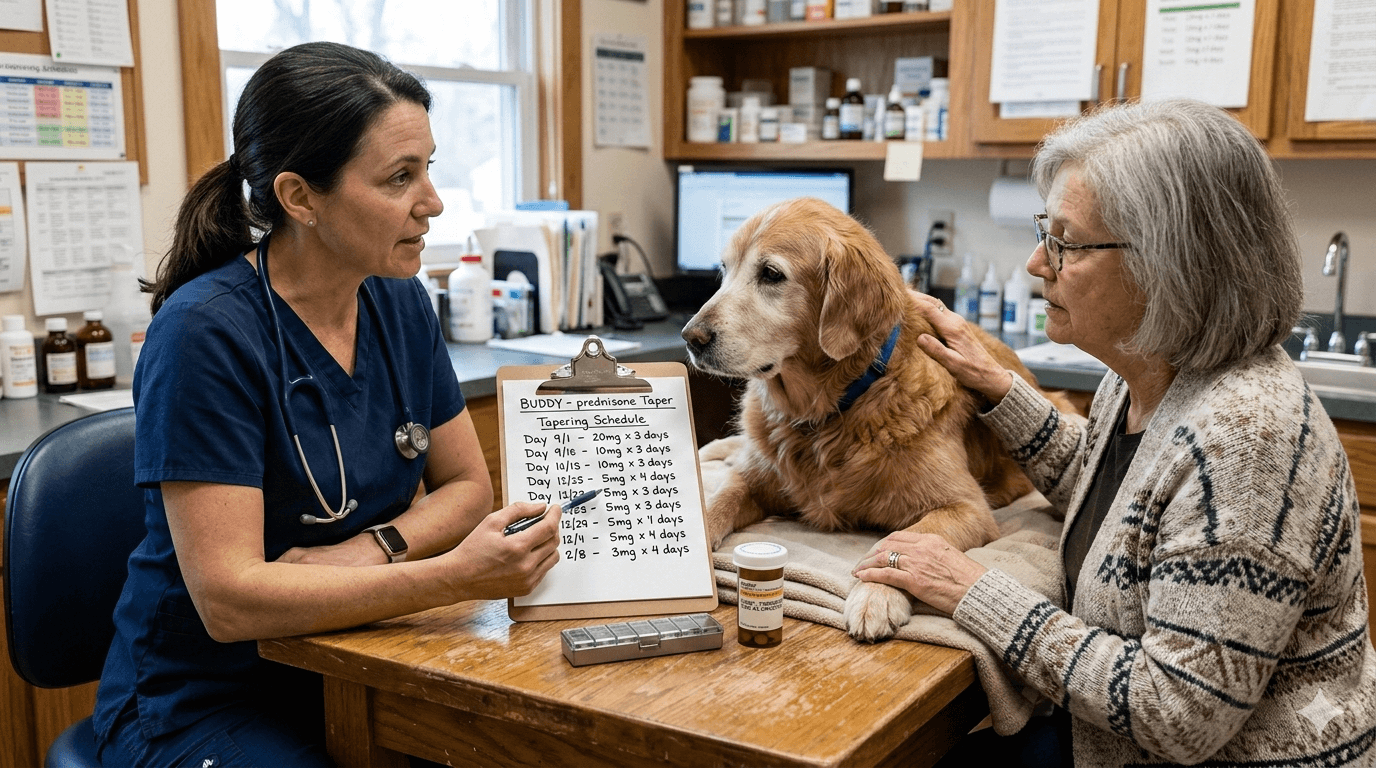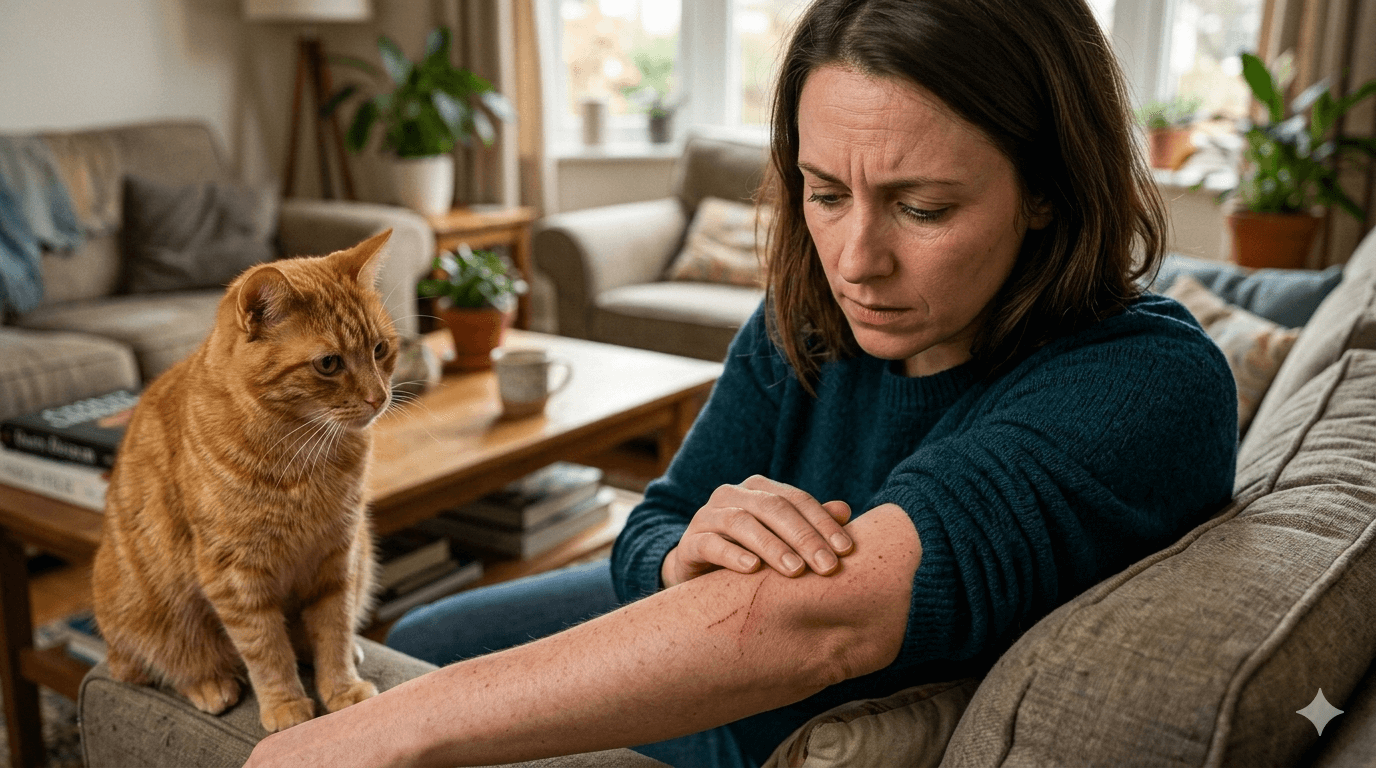Should a Cat Poop Every Day?
Cats are known for their independent and mysterious nature, but when it comes to their health, even the smallest details matter. One common question cat owners often ask is whether their feline friend should poop every day. While cats are generally low-maintenance pets, monitoring their bathroom habits is crucial for ensuring their well-being. A healthy digestive system reflects overall health, and any changes in your cat’s poop frequency or consistency could signal underlying issues. In this blog post, we’ll explore what’s normal, what’s not, and how you can support your cat’s digestive health effectively.
Expert Insight: The Link Between Bowel Movement Frequency and Stool Consistency
“Often, but not always, if your cat increases the frequency of their bowel movements, their poops might also be softer or more watery. This is because there is less time for the gut to absorb all the water from the stool before it is passed.”
Understanding Normal Pooping Patterns in Cats
Every cat is unique, and their pooping habits can vary based on factors like age, diet, and activity level. However, understanding what’s considered “normal” can help you identify potential concerns early.
Frequency Varies by Individual:
Most healthy cats poop once a day, but some may go every other day or even twice daily, depending on their metabolism and diet.Diet Plays a Key Role:
Cats on a high-fiber or wet-food diet tend to have more regular bowel movements compared to those eating primarily dry kibble.Consistency Matters More Than Frequency:
Healthy cat poop should be firm but not too hard, and it shouldn’t be overly soft or watery.Behavioral Cues Are Important:
A cat that strains, vocalizes, or seems uncomfortable while pooping may be experiencing digestive distress.Changes in Routine Can Affect Pooping:
Stress, travel, or switching foods can disrupt your cat’s regular bathroom schedule temporarily.
By observing these patterns, you can better gauge whether your cat’s pooping habits fall within a healthy range or if further investigation is needed.
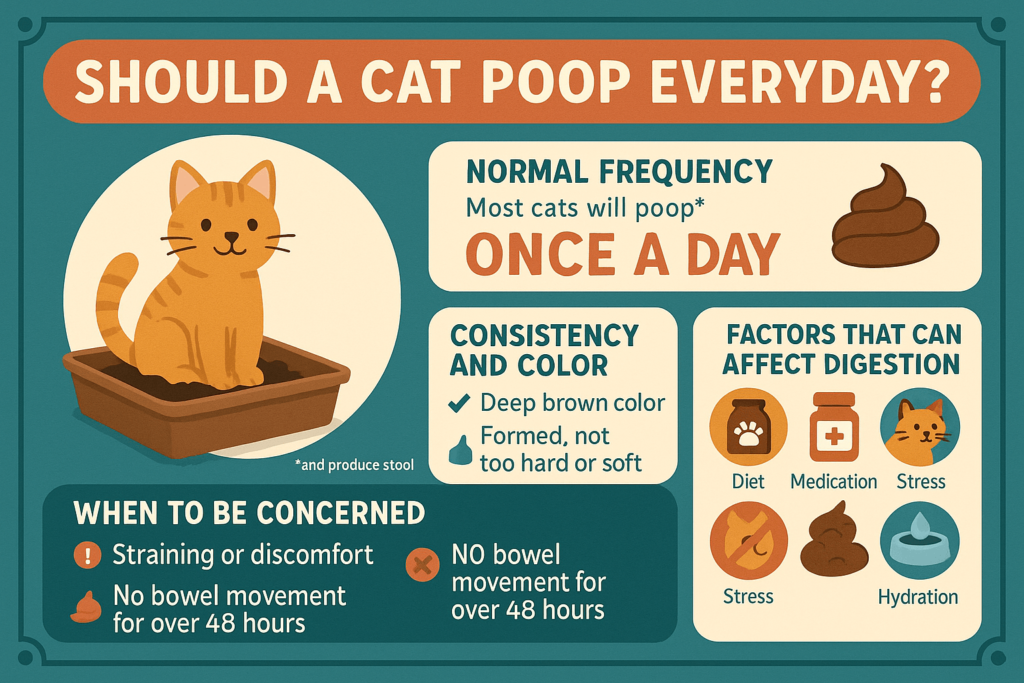
Signs Your Cat May Have Digestive Issues
While occasional irregularities in your cat’s pooping habits are normal, certain signs may indicate an underlying health problem. Recognizing these red flags can help you address issues promptly.
Diarrhea or Loose Stools:
Frequent loose stools may point to dietary indiscretion, allergies, or infections.Constipation or Straining:
If your cat hasn’t pooped in over two days or appears to be straining, they may be constipated, which can lead to discomfort.Blood or Mucus in Stool:
The presence of blood or mucus is a clear sign that something is wrong and requires immediate attention.Excessive Licking of the Rear End:
This behavior may indicate irritation or pain caused by digestive issues or anal gland problems.Loss of Appetite or Lethargy:
A sudden decrease in appetite or energy levels alongside irregular pooping can signal systemic health concerns.
If you notice any of these symptoms, it’s essential to consult your veterinarian to rule out serious conditions.
Check this guide 👉Can You Flush Cat Poop? Best 7 Expert Tips!
Check this guide 👉How to Make a Cat Poop Instantly: Best 7 Expert Tips!
Check this guide 👉Top 4 Best Cat Diapers for Ultimate Leak Protection!
Healthy Pooping Habits | Potential Warning Signs |
|---|---|
Pooping once daily or every other day | Diarrhea lasting more than 24 hours |
Firm, well-formed stools | Hard, dry stools indicating constipation |
Regular bathroom schedule | Blood or mucus in stool |
No visible discomfort during pooping | Excessive straining or vocalizing |
Consistent appetite and energy levels | Sudden loss of appetite or lethargy |
How to Promote Healthy Digestion in Cats
Supporting your cat’s digestive health can help maintain regular pooping habits and prevent potential issues. Here are some practical tips to keep their gut happy and healthy.
Feed a Balanced Diet:
Provide high-quality cat food that meets their nutritional needs. Wet food can aid digestion due to its higher moisture content.Ensure Adequate Hydration:
Encourage water intake by offering fresh water daily or using a cat water fountain, as dehydration can lead to constipation.Introduce Dietary Changes Gradually:
Sudden shifts in diet can upset your cat’s stomach. Transition slowly over 7–10 days to avoid digestive distress.Incorporate Fiber When Needed:
For cats prone to constipation, adding a small amount of pumpkin puree (unsweetened) can provide gentle fiber support.Encourage Physical Activity:
Playtime and exercise stimulate digestion and help regulate bowel movements.
By implementing these strategies, you can create a supportive environment for your cat’s digestive system.
When to Consult a Veterinarian About Your Cat’s Pooping Habits
While minor fluctuations in your cat’s bathroom routine aren’t always alarming, there are times when professional guidance is necessary. Knowing when to seek help ensures your cat receives timely care.
Persistent Constipation or Diarrhea:
If your cat experiences either issue for more than a couple of days, it’s time to see the vet.Unexplained Weight Loss:
Significant weight loss alongside irregular pooping could indicate a serious condition like gastrointestinal disease.Frequent Vomiting:
Persistent vomiting combined with abnormal bowel movements may signal an obstruction or infection.Behavioral Changes:
Hiding, aggression, or unusual clinginess can accompany digestive issues and warrant veterinary attention.Age-Related Concerns:
Senior cats are more prone to digestive problems, so monitor them closely and report any irregularities to the vet.
Prompt veterinary care can prevent complications and ensure your cat stays healthy and comfortable.
Common Mistakes to Avoid
Even well-meaning cat owners can make mistakes when it comes to their pet’s digestive health. Avoiding these pitfalls can help prevent unnecessary stress and complications.
Overfeeding Treats:
Too many treats can upset your cat’s stomach and disrupt their regular pooping habits.Ignoring Hydration Needs:
Cats often don’t drink enough water, leading to dehydration and potential constipation.Switching Foods Abruptly:
Sudden dietary changes can cause diarrhea or vomiting, so always transition gradually.Neglecting Regular Vet Check-Ups:
Annual exams help catch digestive issues early before they escalate into bigger problems.Using Human Remedies:
Home remedies like laxatives or medications intended for humans can harm your cat—always consult a vet first.
Avoiding these mistakes ensures your cat’s digestive system stays balanced and healthy.
Natural Remedies for Digestive Support
If your cat experiences mild digestive issues, natural remedies can sometimes provide relief. These options should complement—not replace—proper veterinary care.
Pumpkin Puree:
Rich in fiber, plain canned pumpkin can help regulate digestion and ease both constipation and diarrhea.Probiotics for Cats:
Probiotic supplements promote gut health by restoring beneficial bacteria in the digestive tract.Bone Broth:
Low-sodium bone broth hydrates your cat and provides nutrients that soothe the stomach.Herbal Teas:
Diluted chamomile or peppermint tea (cooled) can calm an upset stomach when offered sparingly.Hairball Remedies:
Specialized gels or pastes reduce hairball formation, which can otherwise block the digestive tract.
These natural solutions can support your cat’s digestive health, but always check with your vet before trying new treatments.
The Role of Exercise in Digestive Health
Physical activity plays a vital role in maintaining your cat’s digestive function and overall well-being. Incorporating movement into their daily routine offers numerous benefits.
Stimulates Gut Motility:
Play sessions encourage the muscles in the digestive tract to move waste through efficiently.Reduces Stress Levels:
Exercise releases endorphins, which lower stress hormones that can negatively impact digestion.Prevents Obesity:
Maintaining a healthy weight reduces the risk of obesity-related digestive issues like constipation.Strengthens Bonding Time:
Interactive play strengthens your relationship while promoting physical activity for your cat.Keeps Them Mentally Stimulated:
Engaging toys and activities prevent boredom, which can indirectly affect eating and pooping habits.
By prioritizing exercise, you’re not just supporting your cat’s digestion—you’re enhancing their quality of life.
Frequently Asked Questions About Cat Pooping Habits
Is it normal for my cat to skip a day without pooping?
Yes, some cats poop every other day, but if this becomes frequent or is accompanied by discomfort, consult your vet.
What causes constipation in cats?
Dehydration, lack of fiber, hairballs, or underlying medical conditions can contribute to constipation.
Can stress affect my cat’s pooping habits?
Absolutely! Environmental changes, anxiety, or disruptions in routine can impact their digestive system.
How can I tell if my cat’s poop is healthy?
Healthy poop should be firm, log-shaped, and free of blood, mucus, or strong odors.
Should I be concerned about hair in my cat’s stool?
Occasional hair is normal, but excessive amounts may indicate excessive grooming or hairball issues.
Prioritizing Your Cat’s Digestive Health
Your cat’s pooping habits offer valuable insights into their overall health and happiness. By understanding what’s normal, recognizing warning signs, and taking proactive steps to support their digestive system, you can ensure your furry companion thrives. Remember, small changes in diet, hydration, or routine can make a big difference. And when in doubt, don’t hesitate to reach out to your veterinarian—they’re your best resource for keeping your cat healthy and content. After all, a happy cat means a happy home!
How to Taper Off Prednisone for Cats: Best 7 Expert Tips! – Safely reduce prednisone with vet guidance. Learn now!
How to Taper Off Prednisone Schedule for Dogs: Best 7 Tips! – Learn the safe way to reduce prednisone, recognize withdrawal signs, and keep your dog healthy during the process.
Can a Cat Scratch Give You Rabies? Best 7 Expert Tips! – Learn how rabies spreads, assess risks from cat scratches, and know when to seek medical help. Stay safe!
Can a Dog Scratch Give You Rabies? Best 7 Expert Tips! – Learn the risks, symptoms, and steps to take if scratched by a dog. Stay informed and protect yourself from rabies exposure.

